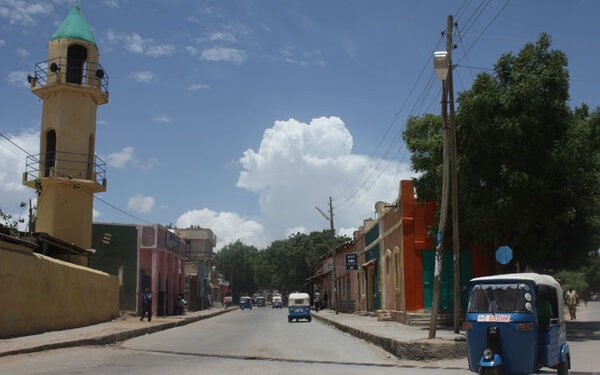Dubai-based digital assets infrastructure company Hodler Investments and Chinese clean energy company Golden Concord Group (GCL) have agreed to jointly invest in an off-grid energy infrastructure project in Ethiopia to power data centres that support high-demand applications, including artificial intelligence (AI) and blockchain.
The project will leverage GCL’s natural gas concessions in Ethiopia, allowing it to monetise gas that can’t be used due to the lack of infrastructure to convert it to LNG for export.
In April 2024 GCL signed two Petroleum Production Sharing Agreements (PPSA) with the Ethiopian government to develop gas resources in the Ogaden Basin, an area of Huwan bordering Somalia that is believed to hold significant reserves of crude oil and natural gas.
The distributed energy infrastructure project will utilise Hodler’s digital energy platform, PermianChain, which seeks to optimise wasted energy resources by connecting computing end users, data centre operators, energy suppliers and investors.
By deploying mobile power plants during the early stage, the otherwise difficult-to-exploit gas will generate power for data centres. These modular data centres – 200 kW for AI applications and 1.2-1.5 MW for bitcoin mining – will be housed in standard 40-foot containers and sit alongside the power plants. It’s described as an off-grid, low-capex solution that can be deployed quickly and more affordably.
Ethiopia has about 5,200 MW of installed generation capacity, with around 90% of it coming from hydropower and the remaining 10% from wind and thermal sources.
Ethiopia’s affordable renewable energy and supportive regulations have made it a hub for data-intensive technologies such as bitcoin mining, data mining, and data centres. In fact the Ethiopian data centre market size was valued at US$95 million in 2022 and is expected to reach US$226 million by 2028.
This is far from the first use of gas for powering data centres. Indeed, just over two years ago we reported Omani plans to invest in a process called digital flare mitigation from US company Crusoe Energy. Data centres sited next to oil wells would then be powered by natural gas, though not a standalone resource in this case; the gas used was to be a by-product of the oil production process.










